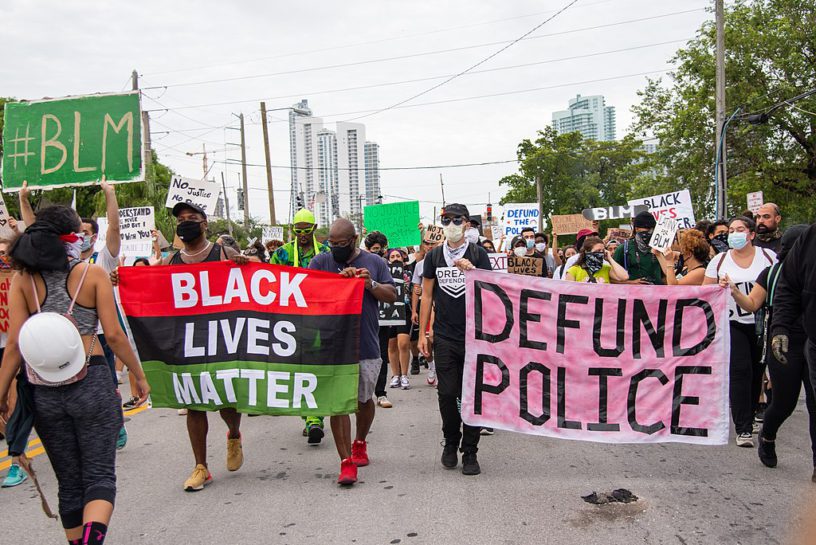On June 29, 2020, the Toronto City Council voted against a motion to defund the police budget. The motion was put forth by City Councillor Josh Matlow (Ward 12 Toronto-St. Paul’s) and seconded by Kristyn Wong-Tam (Ward 13 Toronto Centre) as a response to the surge of protests regarding police brutality and systemic racism. It proposed that the Toronto Police Service cut its budget by 10% when making the 2021 budget request; Currently, the Toronto police have a budget of approximately $1.209 billion, making the suggest 10% cut one of $121 million. The motion suggested that the money taken from the cut be invested into areas that would support marginalized communities, such as programs for at-risk youth, anti-racism education and finding alternatives to policing.
In order for a motion to be passed by City Council, a majority – that is, 50% plus one – of the councillors must vote in favour of its passing. There are 26 members, 25 City Counsellors and the mayor, of the Toronto City Council, which means that at least 14 supporting members are required for a motion to pass. In the end, Councillor Matlow’s motion to defund the police by 10% had 8 members for and 16 members against, including Mayor John Tory.
The Council did however pass a Mayor Tory’s motion for police reform. This motion proposes mandatory use of body cameras by police and figuring out alternative responses to community safety crises. In particular, the reforms focus on determining a proper response to mental-health crisis calls and the creation of non-police led response teams for situations that do not involve weapons or violence. It also requires the Toronto Police Service to “adopt the recommendations from the Ontario Human Rights Commission on race-based data and report back on the implementation status by January 1, 2021.”
Both Tory’s reform and the councillors who voted against the motion to defund the police have faced backlash from the public. While Tory’s reforms support the overhauling of the Toronto Police Service’s response to those in crisis, the implementation of body cameras is predicted to cost an additional $5 million per year. The increase in police budget has been criticized, along with the fact that there seem to be no negative repercussions put in place for officer’s who turn off or obscure their body camera’s. As well, research concerning the effectiveness of body cameras have been mixed. While some studies show that use of force by police officers dropped when wearing body cameras, others have cited that body cameras make no difference to the officers’ use of force. It will take time to see if the use of body cameras will incite change in the Toronto Police Service, but as of right now, the general public does not seem to view their implantation as a viable solution to the ongoing crisis of police brutality.
Meanwhile, the 16 City Councillors who voted against Councillor Matlow’s motion are facing criticism from Toronto citizens in their wards. Since the motion has failed, people have been calling and emailing their various councillors to express disappointment in their actions. There have also been protests and sit-ins in Toronto calling for the defunding of the police.
Regardless of the motions passed or failed, the conversation on police reform continues and does not seem to be stopping any time soon.
Sources
2020 Program Summary Toronto Police Service. http://www.torontopolice.on.ca/budget/docs/2020_operating_budget_incl_2020-2029_capital_plan.pdf.
Changes to Policing in Toronto; City Council consideration on June 29, 2020. http://app.toronto.ca/tmmis/viewAgendaItemHistory.do?item=2020.CC22.2.





Leave a Reply